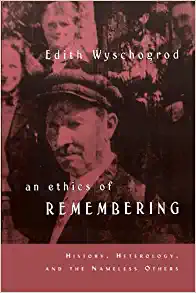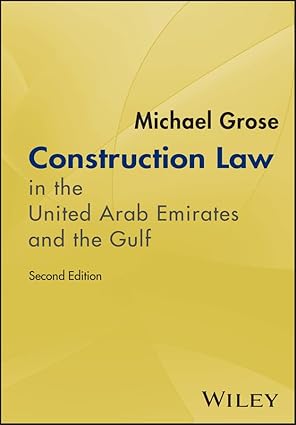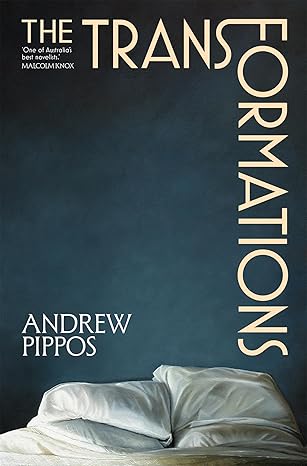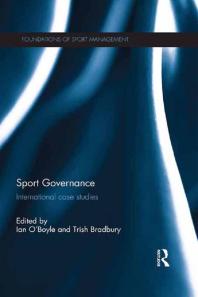What are the ethical responsibilities of the historian in an age of mass murder and hyperreality? Can one be postmodern and still write history? For whom should history be written?
Edith Wyschogrod animates such questions through the passionate figure of the "heterological historian." Realizing the philosophical impossibility of ever recovering "what really happened," this historian nevertheless acknowledges a moral imperative to speak for those who have been rendered voiceless, to give countenance to those who have become faceless, and hope to the desolate. Wyschogrod also weighs the impact of modern archival methods, such as photographs, film, and the Internet, which bring with them new constraints on the writing of history and which mandate a new vision of community. Drawing on the works of continental philosophers, historiographers, cognitive scientists, and filmmakers, Wyschogrod creates a powerful new framework for the understanding of history and the ethical duties of the historian.
چکیده فارسی
مسئولیتهای اخلاقی مورخ در عصر قتل عام و فراواقعیت چیست؟ آیا می توان پست مدرن بود و همچنان تاریخ می نویسد؟ تاریخ برای چه کسی باید نوشته شود؟
Edith Wyschogrod چنین پرسش هایی را از طریق شخصیت پرشور «مورخ ناهمگون» به ذهن متحول می کند. این مورخ با درک عدم امکان فلسفی بازیابی «آنچه واقعاً اتفاق افتاده است»، با این وجود، یک ضرورت اخلاقی را تصدیق میکند که به جای کسانی که بیصدا شدهاند صحبت کند، به آنهایی که بیچهره شدهاند چهره نشان دهد، و به افراد متروک امید بدهد. Wyschogrod همچنین تأثیر روشهای آرشیوی مدرن، مانند عکسها، فیلمها و اینترنت را میسنجید که محدودیتهای جدیدی را برای نوشتن تاریخ به همراه دارند و دیدگاه جدیدی از جامعه را الزامی میکنند. Wyschogrod با تکیه بر آثار فیلسوفان قارهای، تاریخنگاران، دانشمندان علوم شناختی و فیلمسازان، چارچوب جدید قدرتمندی برای درک تاریخ و وظایف اخلاقی مورخ ایجاد میکند.
ادامه ...
بستن ...
ISBN-13: 978-0226920450
ISBN-10: 0226920453
ادامه ...
بستن ...










